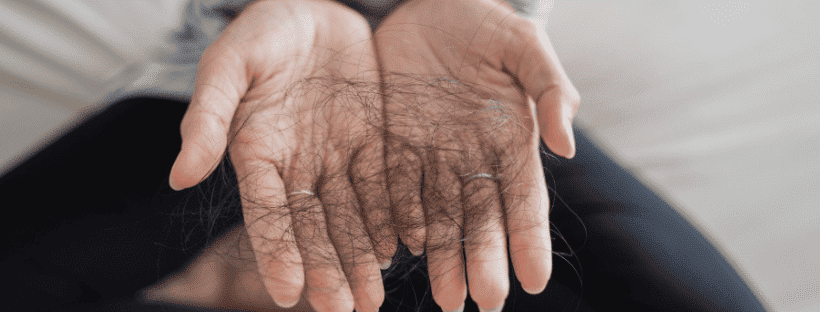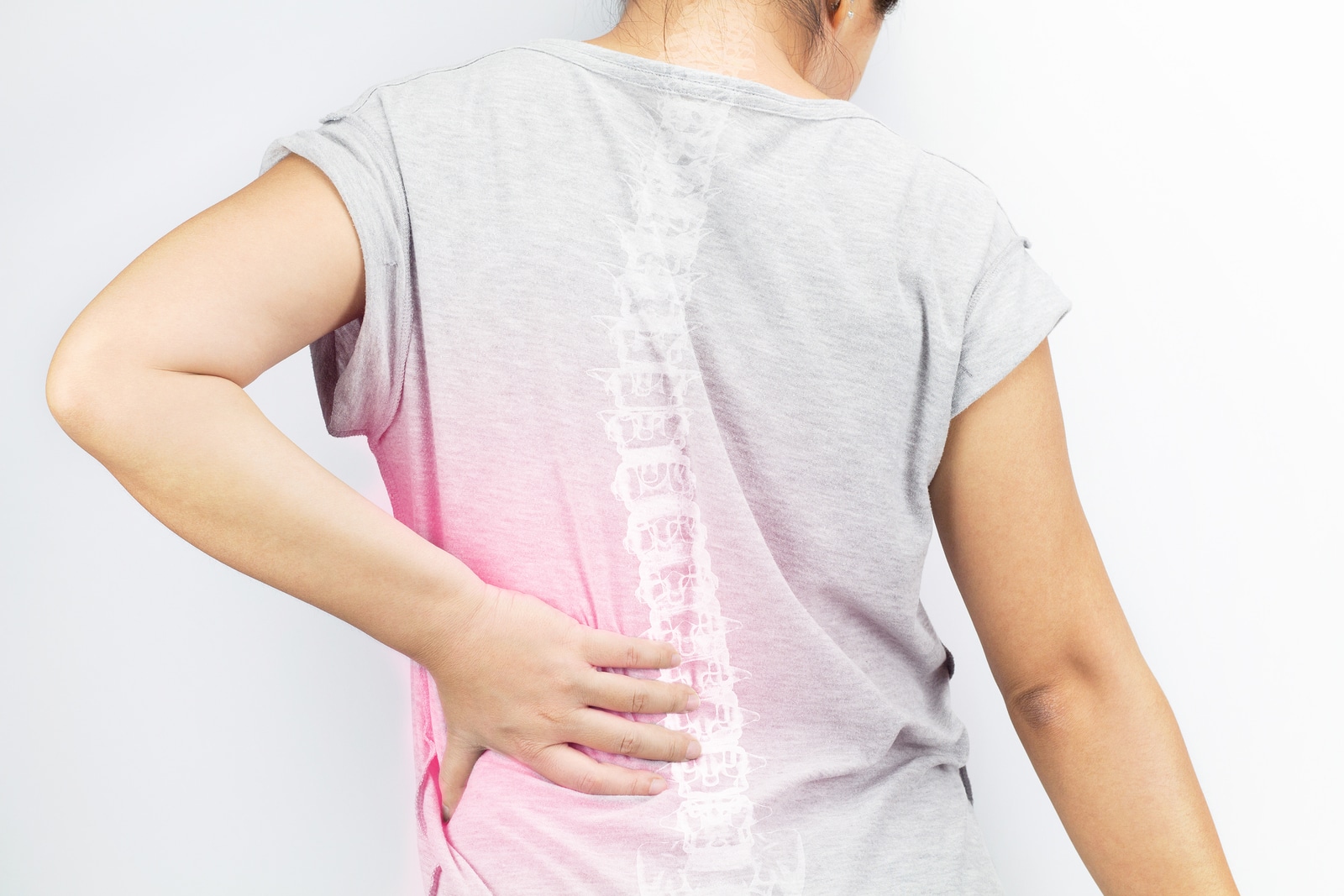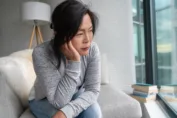Hair Loss: A Disturbing Consequence of the Pandemic | How to Take Action. The NY Times wrote an article which echoed what I have been seeing in my practice since the pandemic began. The disturbing symptom of hair loss! Yes, men and women alike really freak out when they lose their hair. You don’t even have to have the virus to get hair loss. Just the stress of what is going on in the world is enough.
Survivors of the virus in online groups report clumps of hair in the shower, bald spots and it can continue months after the virus remits.

It is common to shed more hair after surgery, cancer treatment and/or emotional trauma. What is more traumatic than a worldwide pandemic that has affected our work, school, health, freedom and worldwide upheaval? The emotional stress from job loss, financial strain, deaths of family members or other devastating developments stemming from the pandemic is not going away anytime soon and people need support and solutions.
3 Major Types of Hair Loss
Hair has cycles of growth, rest and shedding.
In telogen effluvium, the growth cycle slows, and the shed cycle increases for an all-round hair loss. This can last for 6 months. However, if the stressful situation persists, so does the hair loss.
In hormonal hair loss due to testosterone or dihydrotestosterone known as DHT, male pattern baldness occurs at the temples and crown of the head and the underlying hormonal condition must be addressed to correct it. This pattern is also found in women with PCOS and early menopause in a subset of patients. Progesterone blocks the conversion of testosterone to DHT which is a strong testosterone associated with hair loss. Many women become estrogen dominant from environmental toxins and/or have progesterone deficiency and this is associated with hair loss.
Alopecia areata is a patchy hair loss. Immune cells attack the hair follicles. Many autoimmune conditions are triggered by stress, infection and/or trauma. In women, autoimmune disorders can occur more frequently at times of hormonal changes such as onset of puberty, pregnancy, perimenopause or menopause. Get your hormones checked, avoid toxins and adverse food reactions and follow an autoimmune diet that is customized to your individual sensitivities. Lifestyle factors have to be addressed to have success.
Viscous cycle
Hair loss may be triggered by the stress hormone cortisol and the stress of the hair loss is even worse creating a viscous cycle.
Take Charge
There is a lot you can do to alleviate hair loss. Lifestyle is a major factor.
Good nutrition, sleep, stress management as well as patience and faith can go a long way. It can be frightening so seek expert advice. A holistic approach can address many of the hormones. Nutritional and lifestyle factors that may slow the loss and hasten the recovery.
Seek help by seeing a functional medical doctor who can get to the “root cause” no pun intended. If you are a do it yourselfer take the online course “The Cortisol Solution: The Key to Anti-Aging and Managing Mood, Energy, Weight, Sleep, & Immune System.” It is a step by step approach that covers the major factors that affect not only your hair but your stress, sleep, nutrition, toxic exposures and adverse food reactions that lead to abnormal cortisol and all of the downstream effects of hormone imbalances.
When in doubt seek help. A team approach is best and at Vibrance for Life we help you navigate these stressful times and optimize your health. Reach out for help to save your sanity as well as your hair..





She is a recognized and award-winning holistic, functional, integrative and anti-aging healthcare practitioner, speaker and author, and has been featured in ABC News, Forbes, WOR Radio and many media outlets to spread the word that you can live younger and healthier at any age.